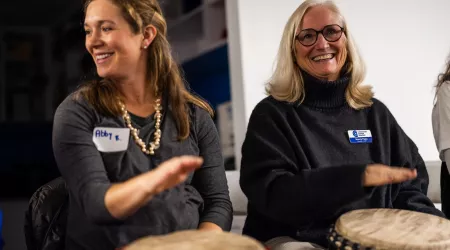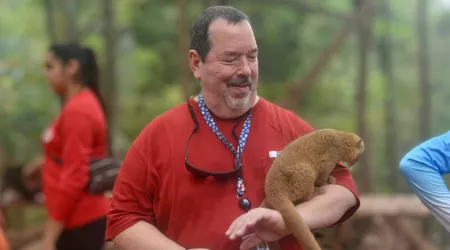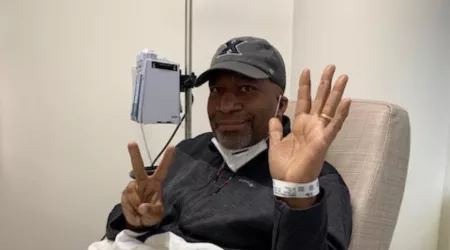Cancer’s miracle responders: Why am I still alive?
I'm Dr. Laura Porter. For those of you haven’t gone through cancer, it might seem like an odd question. Others of you will understand – it’s something I find myself asking often.
Beating the Odds
I was diagnosed with stage IV colon cancer at age 43 during the second year of my pediatric residency. The prognosis didn’t look good. But after four years of surgery, chemotherapy, more surgery, recurrences, more chemotherapy – the whole nine yards – in May 2006, all my scans were clean.
When so many people and families never get to hear the words “NED” (No Evidence of Disease), why am I still here? Why me?
Why do some of us “beat the odds,” when so many others don’t make it, despite doctors’ best efforts? What is the secret? The answer is looking less like the mythical “cure-all” and now more like future research into personalized medicine, biomarkers, and genetics.
Cancer’s Miracle Responders
The exact scientific answer to my existential question, “Why am I still alive?” is still in the hands of researchers. What we do know is that “miracle responders” - like me - have a special relationship between our DNA, current treatment therapies and our cancer type. For us, these therapies work really, really well.
Scientists are now using this information to fight a smarter war on cancer and look more closely at the relationship between genetics and cancer.
Organizations like the Colorectal Cancer Alliance are investing in biomarkers and genetic indicators that can tell researchers why some people respond well to treatment and why others don’t. Biomarkers can also help us detect cancer earlier, paving the way for more effective and efficient treatment. Or better yet, no cancer at all.
Top resources

Volunteer spotlight: Nancy Pope
Get to know Colorectal Cancer Alliance volunteer Nancy Pope and consider being a service to the community yourself.

Don Shippey: from stage IV to six years cancer-free after receiving HAI pump
Don Shippey was 55 years old in 2016 when he decided he’d been putting off his colonoscopy long enough.

Chris Amos: a patient in a family of survivors
Though facing a colorectal cancer (CRC) diagnosis isn’t easy, Chris continues to show up with grace and courage as he moves through his journey to wellness.





